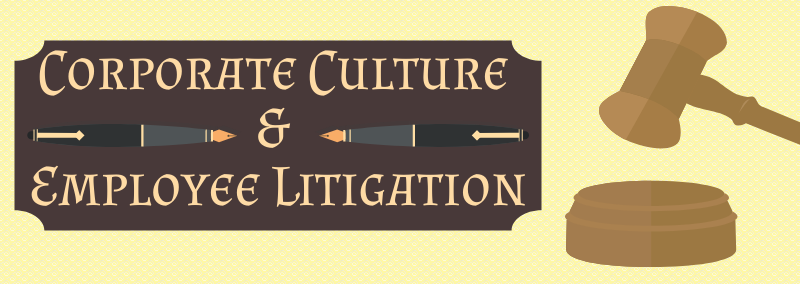Louisville, Kentucky Private Investigations
When you think of private investigators, you don’t usually imagine the state of Kentucky as their stomping ground, but the flexibility of a private investigator’s skills can be applied in any city, any state, as long as the investigator meets the state requirements for independent licensure—and Louisville private investigators are never hard-up for casework. The […]
Corporate Culture & Employee Litigation

Corporate Culture Audit: What to Expect During an Audit
Pervasive internal issues are the malignancies that contribute to the decline of any corporation. While they come in many shapes and iterations, issues like communication, employee engagement, and employee relations can quickly derail a corporation’s mission. That’s why corporations across the country are electing to undergo corporate culture audits in order to get a full […]
Investigating Non-Compete Violations
When growing a business, executives and owners have to go the extra mile when it comes to protecting trade secrets. In the pursuit of their company’s business, a common practice for corporations of all sizes is implementing non-compete clauses in their employees’ contracts. This ensures, should an employee leave the company for any reason, they […]
Private Investigators & Sexual Abuse Investigations
The growing awareness of sexual abuse in the media has the public on high alert in all walks of life—a steady stream of investigations into allegations of sexual misconduct within religious communities, sport teams and franchises, civil service, and the workplace to name a few. It seems like every week the news cycle is dominated […]
Catfish: Romance Scams in 2019
Those who met their current significant other in an age before the internet often have a difficult time understanding courtship rituals in the year 2019. Even Gen-Xers who are navigating the single-scape are having trouble adjusting to the way social media and dating apps have changed the way relationships are formed in the United States. […]
Active Shooter Training in the Workplace

Surveillance Capitalism Online and in Real Life
In the first decades of the 21st century, we have witnessed advances in technology unprecedented in human history. It was once costly and cumbersome to rely on technology to work for you. The reality today is astonishingly different. To view this article, you likely performed a Google search (or whatever your search engine of choice) […]
Using a CNC to Protect Your Business
If you own your own business, you know finding the right people to build your company is vital. One “weak link in the chain,” as they say, can tear a business down to its foundation. And as such, it’s not only important to hire the right people, but also protect your business from being exploited […]